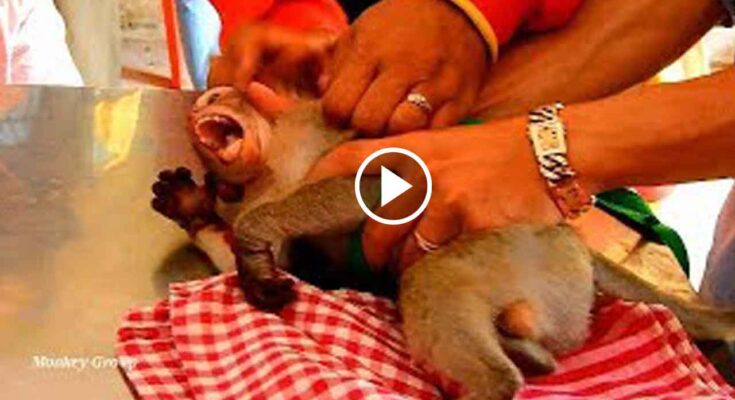Monkey rescue team volunteers play a vital role in the conservation and rehabilitation of monkeys and other primates. These volunteers work with organizations or sanctuaries dedicated to rescuing, rehabilitating, and releasing monkeys that are injured, orphaned, or endangered due to habitat loss, poaching, or illegal wildlife trade. Here’s what a typical volunteer role in a monkey rescue team involves:
### 1. **Rescue Operations**
– **Fieldwork**: Volunteers assist professionals in field rescue operations. This can include retrieving monkeys from dangerous environments, such as forests, urban areas, or illegal captivity.
– **Transport**: Helping to safely transport the rescued monkeys to rehabilitation centers or sanctuaries.
### 2. **Rehabilitation and Care**
– **Feeding and Cleaning**: Volunteers take care of daily tasks like preparing food, feeding the monkeys, and cleaning their enclosures.
– **Medical Assistance**: Working under the guidance of veterinarians, volunteers may help in providing medical care to injured or sick monkeys.
– **Enrichment Activities**: Volunteers often help create enrichment activities for monkeys to stimulate their mental and physical health during rehabilitation.
### 3. **Education and Outreach**
– **Public Awareness**: Volunteers may participate in community outreach programs to educate people on the importance of protecting primates, and the dangers they face due to human actions.
– **Advocacy**: Some rescue teams focus on advocating for stronger animal protection laws and reducing illegal wildlife trade.
### 4. **Release Programs**
– **Rehabilitation Monitoring**: Once the monkeys are ready, they need to be gradually reintroduced to the wild. Volunteers may help in monitoring their progress and adapting them back to their natural habitat.
– **Soft Release**: Some programs involve a soft release method, where volunteers support the monkeys in semi-wild environments before their final release.
### 5. **Skills and Requirements**
– **Passion for Animals**: A love for animals, especially primates, and a commitment to conservation.
– **Physical Fitness**: Field rescue and care work often require physical stamina.
– **Flexibility**: Volunteer work can be unpredictable, requiring quick responses and flexibility in tasks.
– **Training**: Many rescue centers provide training on primate care, animal handling, and emergency medical procedures.
Volunteering for a monkey rescue team is highly rewarding, allowing you to directly impact primate conservation while learning about these incredible animals. It can also be physically and emotionally demanding, but it is a unique way to contribute to wildlife protection.
